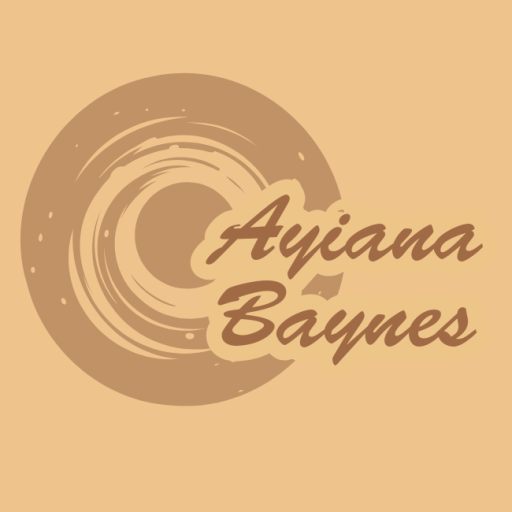Reflection #1: Observation and Inference
Based on my initial impressions of this plan, I believe that it will go smoothly as long as I stay on track and plan ahead for each stage. I need to come up with interview questions, figure out mental follow up ones, figure out the best place to find participants to do the interviews, as well as the whole process of compiling and reporting all of my data. I also want to start moving with this process in order to be able to start working on possible ways for me to actually get young adults at SIUE involved in water conservation. The specific things I will be trying to get them involved in are volunteer opportunities, internships, classes, speakers, clubs, etc. There are so many different things they can become involved in on campus that will allow them to expand their knowledge and interest. The obstacles I am perceiving related to the work I plan to do are getting enough people to be willing to do the interviews, coming up with good, in-depth questions that will encourage very thought out responses, as well as conducting the interviews in a casual but structured way.
Based on what I could tell, I would say that my partners are excited about how this plan will turn out. The barriers to building trust with the partners are deadlines, quality, and accountability. The partners will be able to trust me more if I am getting my work done on time while also putting my all into everything I do. By producing great quality work, I will assure the partners that they can trust me with this plan. Also, by taking accountability whether things go right or wrong will allow the partners to see that I am ready to stick by this process and continue to put in the work to make it better. The way that I will adjust my plans to meet their needs, support their assets, and keep their goals in mind is by keeping in communication with them and explaining my process in detail in order to stay on track with their vision.
Also, the barriers to building trust with the participants are honesty, safety, and a judgement-free zone. The participants will be more likely to volunteer for the interviews, as well as be completely honest when answering questions, if I show the same respect they give me. I need to be completely honest to them about what the interviews are for since this will be their first impression of me and what I’m trying to accomplish; if I stay honest, they will be more inclined to do so as well. I also need to make sure they know, and feel, that the interview with me is a safe space, free of judgement. If I am wanting them to give me thought out answers about how they feel, view, and understand water conservation, they need to know that they won’t be judged for how they respond. This will in turn allow me to not only get more participants, but also get more critically thought out answers.
